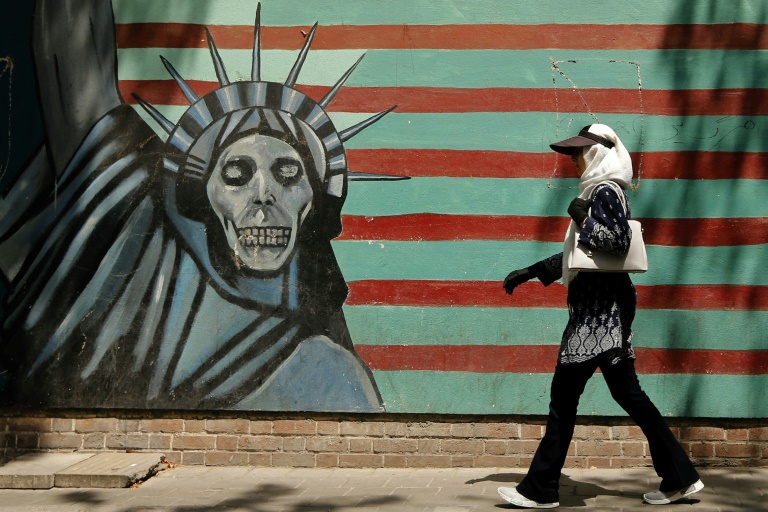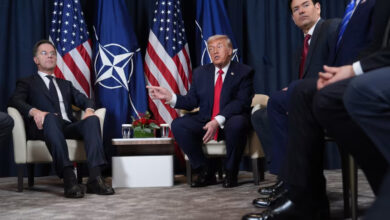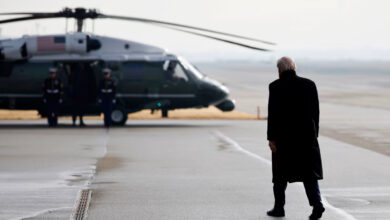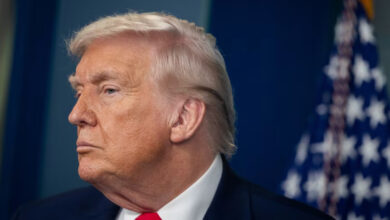
Iran will argue Monday against renewed sanctions imposed by the United States, as a bitter legal battle between Tehran and Washington opens before the UN’s top court.
US President Donald Trump reimposed a wave of tough unilateral sanctions on Iran three weeks ago, bringing back into effect harsh penalties that had been lifted under a landmark 2015 agreement.
A second round of measures is to come into effect in early November, targeting Iran’s valuable oil and energy sector.
Tehran filed its case before the International Court of Justice in late July, calling on the Hague-based tribunal’s judges to order the immediate lifting of sanctions, which it said would cause “irreparable prejudice.”
The US had no right to reinstate such measures, Tehran added, as it demanded compensation for damages.
Iran maintained restoring the penalties lifted under the historic 2015 deal, aimed at curbing Tehran’s nuclear ambitions, violated a decades-old treaty signed between the two nations in 1955.
The ICJ — set up in 1946 to rule in disputes between countries — is expected to take a couple of months to decide whether to grant Tehran’s request for a provisional ruling, while a final decision in the case may actually still take years.
Trump described the 2015 deal between Iran and the five permanent members of the United Nations Security Council, as well as Germany, as a “horrible one-sided deal (that) failed to achieve the fundamental objective of blocking all paths to a Iranian nuclear bomb.”
Even though all of the other parties pleaded with him not to abandon the pact, Trump pulled out and announced he would reinstate sanctions.
‘Neither war, nor negotiations’
Tehran — which argues that the move violates the little-known 1955 Treaty of Amity and Economic Relations — says that the new sanctions are already hurting its economy. Iran’s currency the rial has lost around half its value since April.
A raft of international companies — including France’s Total, Peugeot and Renault, and Germany’s Siemens and Daimler — have suspended operations in Iran in the wake of the move.
Both Air France and British Airways announced Thursday they were halt flights to Tehran next month, saying they were not commercially viable, but the British carrier added the decision was unrelated to the new tranche of sanctions.
In his executive order, Trump argued that the sanctions would turn up the financial pressure on Tehran to come to a “comprehensive and lasting solution” regarding activities that the international community regarded as “malign” such as Iran’s “ballistic missile programme and its support for terrorism.”
Earlier this month, Iran’s supreme leader Ayatollah Ali Khamenei appeared to rule out any immediate prospect of talks, saying “there will be neither war, nor negotiations,” with the US.
Washington’s lawyers will present their case on Tuesday, with experts believing they are to challenge the ICJ’s jurisdiction.




